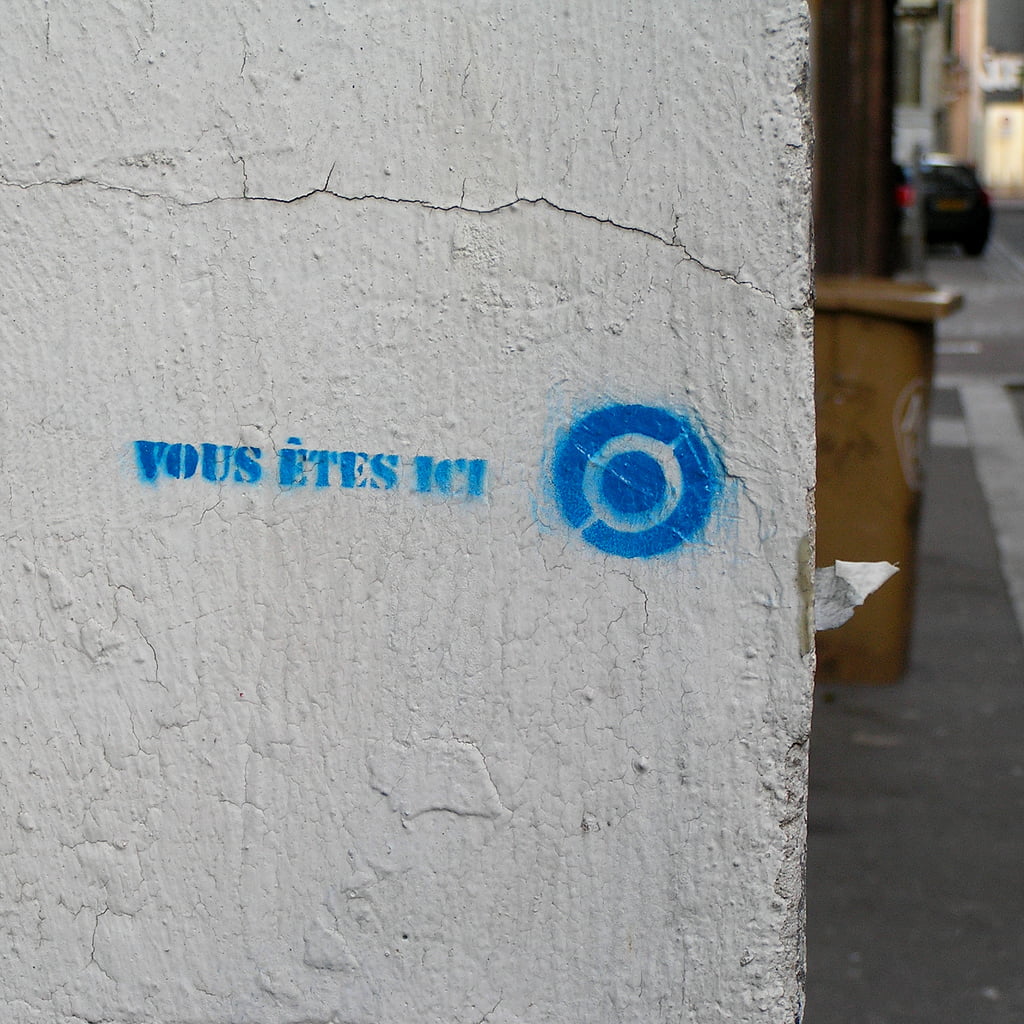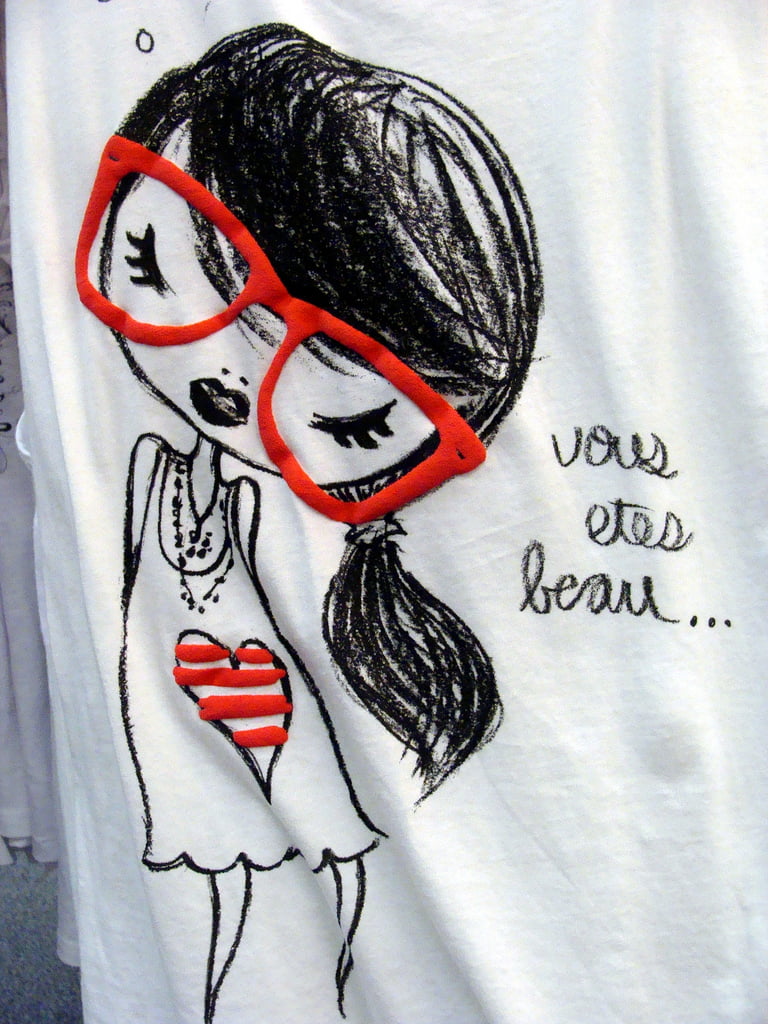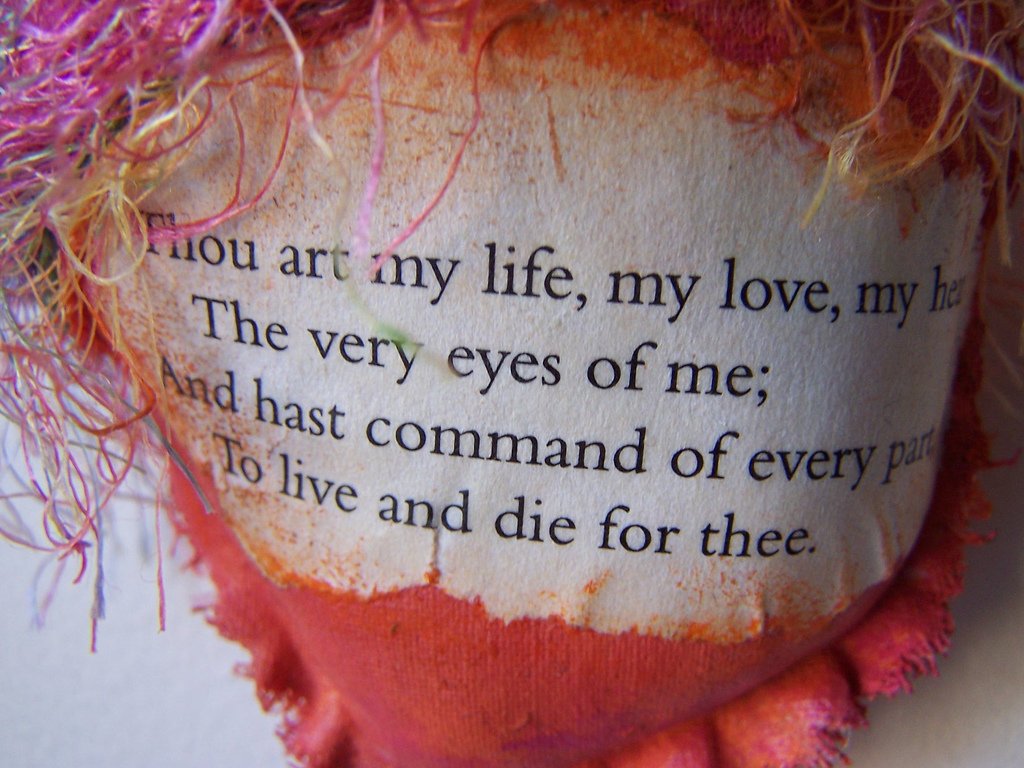How do you translate French culture?
I’ll never forget my French friend telling me, fresh off his first plane ride, which had brought him from central France to the center of Manhattan, what he found to be the strangest thing about the States. Surprisingly, it wasn’t the enormous slices of pizza, or the fact that pharmacies are open 24 hours, though he rejoiced in these things as well. It was the flags. Out of everything that was different between his native country and mine, the prevalence of American flags was what shocked him most.
“You’re so… nationalistic,” he said.
“Patriotic,” I corrected, but the comment stuck with me and made me think about what differences outsiders really notice once they get a taste of a new culture.
Cultural distinctions come in all shapes and sizes, but it’s the smaller differences – the ones that are hardly noticeable, that are often the most surprising.
During my time in France, I’ve noticed that one of these distinctions is undoubtedly between tutoiement and vouvoiement.
This socio-linguistic quirk leaves students of French scared to offend the first time they visit France, yet native French speakers hardly think about it at all. Case in point: while no one expects Masters students to reinvent the wheel, my thesis advisor was genuinely impressed when I included a study of the uses of tu and vous in my first year thesis last year, mostly because the French people truly don’t think all that much about it.
I’ve grown interested in the way in which the French translate them in the myriad of American television shows that have become available in France, which I half-watch on M6 when I’ve nothing better to do.
The vast majority of American shows – at least the ones that make it over here – are about working relationships: ‘CSI’, ‘Bones’, ‘Law and Order’, ‘Grey’s Anatomy’. And while the American viewer knows that most of these characters are close friends and constantly on the brink of falling in love, I’m sceptical as to whether the French viewer gets as much of this feeling as we do for one simple reason: Bones and Booth vouvoient one another.
I learned in my freshman linguistics class that the antiquated English ‘thou’ is actually an obsolete version of tu, which means that English speakers are perpetually using vous with one another, perpetually using this polite, distant form of ‘you’ that seems so strange when we learn about it in French.
We should be surprised to learn about it, seeing as it doesn’t exist in English anymore, but that never seems to be the case. And it doesn’t make it any stranger to see on-screen characters flirting shamelessly while using the word that I associate with professors and cashiers and bank tellers. Regardless of whether it’s a correct translation, culturally, it feels strange.
But I guess that is part of a bigger issue. The shows that have slowly seeped into the French culture of this generation are based on American life; a life that includes proms, and cheerleaders, and FBI investigations, none of which exist here, in France.

When translating these shows into French, it’s not just a linguistic barrier that needs to be crossed. Which begs the question: how do you translate something as enormous as culture?
1. Je vous aime !, by Matthieu Riegler via flickr
2. Vous Etes Beau, by Antanith via flickr
3. Untitled, by GroggyFroggy via flickr
4. you are here, by Môsieur J. [version 8.0] via flickr










I am not so certain that French people really do not think that much about using “tu” or “vous.” I have had discussions with French family members about this, and, for example, my brother, who is a CNRS Research Chemist and also teaches classes at the University level, purposefully uses “vous” with all of his students, and most of his colleagues. My brother is now 61 years old. Maybe younger generations are much less formal…
The French initially use “vous,” I think (adult to adult, anyway), until they feel comfortable enough to initiate a switch to “tu” (and I believe that if someone asks you “on peut se tutoyer?”, “non” is not a good response…
My godmother, who passed away some years ago and was born in 1914 – hence, she was from another generation – used “vous” with just about everyone, except with my mother, who was her younger cousin, as well as with my brother and me and with her best friend’s daughter. Interestingly, she said “vous” to her best friend, and she had a younger lover at some point in her life, to whom she used “vous” as well. She once explained to me that it was a conscious choice that she had made in her life and in her relationships with other people in it.
When I lived in France I was always conscious of the distinction between nationalism and patriotism. I can’t remember who said it, but there is a definition that goes patriotism is loving your country and nationalism is hating everyone else.
I always got a small frisson when a young woman addressed me straight off as toi, or invited me to stop with the ‘vous’. As you say, there’s no real English equivalent these days. The intricacies of it certainly continue to escape me, a French colleague who is fairly senior continues to tu/toi his junior colleagues while expecting them to ‘vous’ him – which I found a little strange. My probably incorrect rule of thumb was that if someone switched to tu/toi with you, it was a tacit invitation to do the same with them. One of the quaint stories regarding this was my partner who worked for an old and conservative medical doctor and had to ‘vous’ him at work (and call him monsieur), was surprised to find that when they went to a conference in the US, he wanted all his colleagues to suddenly call him by his christian name, presumably so he didn’t look quite so stuffy.
Really interesting article. I’m glad I’m not the only one who was a bit startled to hear characters on dubbed-over American shows vousvoyer. Really, I don’t think culture can ever be accurately translated, that’s the beauty of it. You have to be immersed in it, through spending time with with people of that culture or by spending time inside the community, to see and start to understand the intricacies.